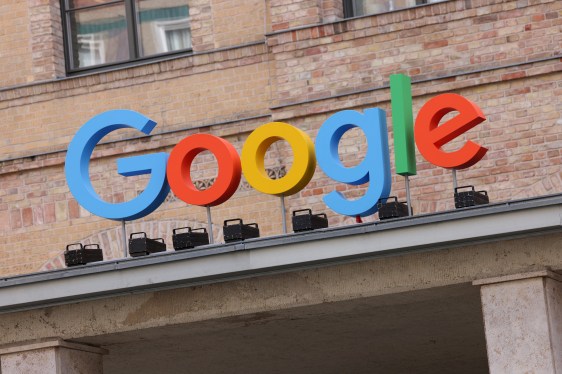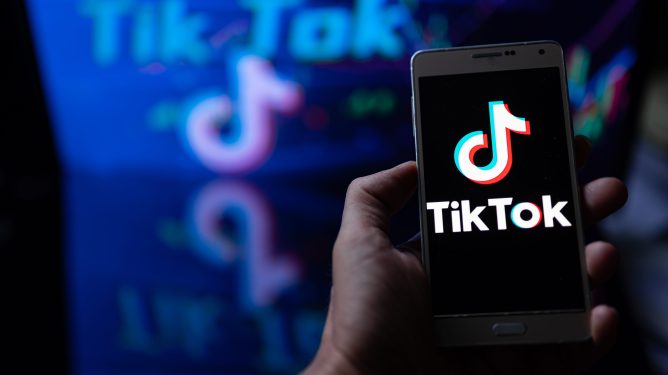In a recent filing, Google’s legal team has asked the court to dismiss several key claims made by plaintiffs Epic Games, Match Group, and state attorneys general in their antitrust lawsuit against the tech giant. The motion for partial summary judgment seeks to speed up the resolution of the case, which is currently ongoing.
Background
The antitrust case against Google was filed in 2020, alleging that the company’s dominance in the mobile app market has led to anticompetitive behavior and harm to consumers. Epic Games, the maker of Fortnite, is a leading plaintiff in the case, along with Match Group, which owns popular dating apps like Tinder and OkCupid.
Google’s Arguments
In its filing, Google argues that several key claims made by plaintiffs should be dismissed due to lack of evidence or other reasons. Specifically, the company wants the court to dismiss:
- Arguments about the Developer Distribution Agreement (DDA): Google counters that it has no legal obligation to distribute other app stores and notes that most Android devices come preloaded with multiple app stores.
- Claims about Project Hug: Google argues that the program was not an anticompetitive move, but rather a way to incentivize developers to keep their games on the Google Play Store. The company claims that Project Hug offered benefits and early access to users when new or updated content was released.
- Revenues-sharing agreements with wireless carriers: Google says these agreements are outside the statute of limitations and should be dismissed.
- Tying allegations: Google argues that its billing services are not a separate product, but rather an essential part of the Play Store experience.
Consequences
If the court agrees with Google’s position, it could significantly impact the outcome of the case. A dismissal of these key claims would likely lead to a reduced scope of evidence and potentially even a shorter trial duration.
However, if the plaintiffs are successful in retaining their claims, it could strengthen their argument that Google has engaged in anticompetitive behavior, ultimately leading to more severe penalties or even a breakup of the company’s dominant position in the app market.
Additional Developments
In related news, the court recently ruled that Google’s failure to preserve some messages for discovery requires sanctions. The plaintiffs successfully demonstrated that employees had deleted chat history on internal discussions, potentially destroying sensitive communications related to the case.
The DoJ has also cited this issue in its own investigation into Google’s business practices, further underscoring the importance of these claims in the antitrust lawsuit.
What’s Next?
As the case continues to unfold, it will be essential for all parties involved to closely monitor developments and adapt their strategies accordingly. The outcome of the motion for partial summary judgment could have far-reaching implications for Google, its competitors, and the broader tech industry.
Stay tuned for further updates on this developing story!









